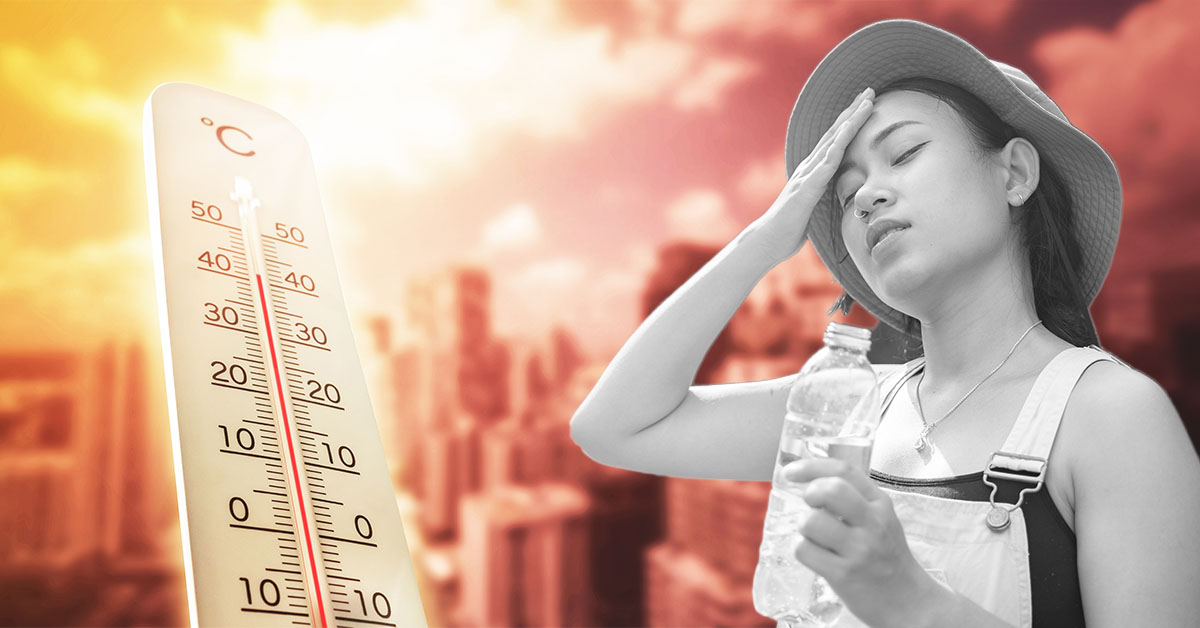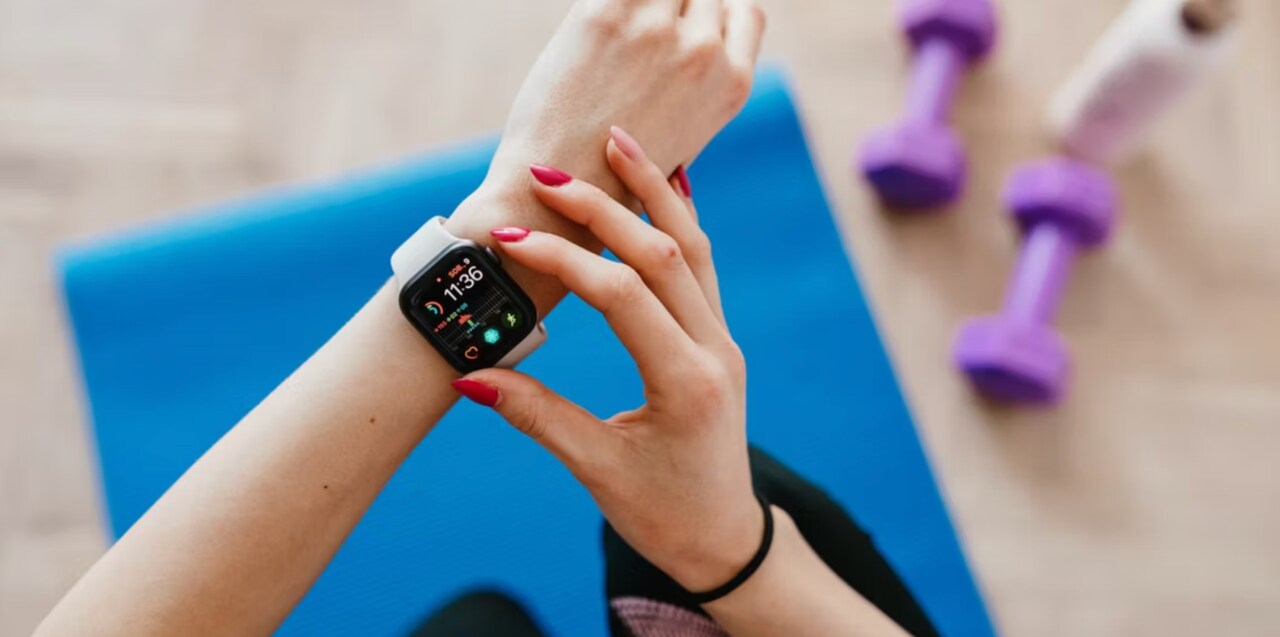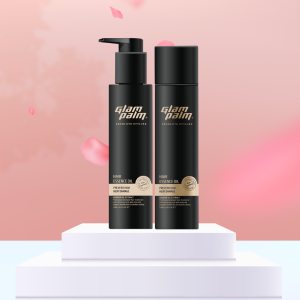
5 Easy Ways to Treat Flaky Scalp
A flaky scalp can make you feel like a snake shedding off its scales. It can be embarrassing when the

As temperatures soar during extreme hot weather, it’s required to take extra precautions to stay healthy and safe.
Heat can have severe impacts on the body, leading to conditions such as heat stroke if not managed properly.
By understanding and implementing specific strategies, you can ensure your well-being even during the hottest days.
In this blog, we’ll explore 7 doctor-recommended tips to help you stay healthy during extreme heat.
Each tip is backed by doctors’ recommendations, providing you with practical and effective ways to beat the heat.

Use heat-adaptation practices to acclimate your body to high temperatures.
Gradually increasing your exposure to heat can improve your body’s ability to tolerate it.
This process enhances sweating efficiency and stabilises your core temperature.
Start with short periods of exposure and gradually increase the duration over a week or two.
Always stay hydrated and avoid strenuous activities during initial acclimatisation.
This technique is particularly useful for athletes or individuals working in hot environments.
Proper acclimatisation can significantly reduce the risk of heat-related illnesses.
Maintain a balanced intake of electrolytes to support proper hydration.
Electrolytes like sodium, potassium, magnesium, and calcium are crucial for nerve function and muscle contraction.
During extreme heat, you lose these vital minerals through sweat.
Drink electrolyte-enriched beverages or consume foods high in electrolytes, such as bananas, nuts, and leafy greens.
Avoid excessive consumption of sugary sports drinks; instead, opt for natural electrolyte sources or homemade electrolyte solutions.
Balancing electrolytes helps prevent dehydration and muscle cramps, ensuring your body functions optimally in the heat.

Apply advanced hydration methods to maintain optimal fluid levels.
Use oral rehydration solutions (ORS) that contain a precise balance of salts and sugars to enhance water absorption.
ORS can effectively prevent dehydration by promoting rapid rehydration.
Try consuming hydrating foods like watermelon, cucumbers, and oranges, which have high water content and provide essential vitamins and minerals.
Drinking small amounts of water frequently throughout the day is more effective than consuming large quantities infrequently.
For athletes or those engaged in intense activities, consider using electrolyte tablets that dissolve in water for a quick hydration boost.
Advanced hydration strategies ensure your body stays adequately hydrated, even in extreme heat.

Track your heart rate variability (HRV) to gauge your body’s stress level and readiness to handle heat.
HRV is a measure of the variation in time between heartbeats, and it reflects autonomic nervous system activity.
Wearable fitness devices can monitor HRV, providing insights into your body’s stress response.
A lower HRV indicates higher stress, suggesting the need for rest and hydration.
By monitoring HRV, you can adjust your activities to avoid overexertion in extreme heat.
This personalised approach enhances safety and performance.

Enhance your indoor environment to lessen the effects of extreme heat.
Use air purifiers with HEPA filters to remove pollutants and allergens that can exacerbate respiratory issues in hot weather.
Take care of plants known for their air-purifying properties.
These plants improve indoor air quality and oxygen levels.
Maintain humidity levels between 30-50% to avoid creating a breeding ground for mould and bacteria.
A well-optimised indoor environment supports respiratory health and overall comfort during heatwaves.
Plan regular cooling breaks throughout your day to manage your core temperature.
Find or create shaded or air-conditioned spaces where you can rest and cool down periodically.
Taking frequent cooling breaks can significantly reduce the risk of heat stress and improve overall performance in hot environments.
Use fans or portable cooling devices during these breaks to enhance their effectiveness.
Incorporate activities like cool showers, using wet cloths on pulse points, or immersing your feet in cold water to lower body temperature.
Structuring your day with these cooling intervals can help prevent overheating and maintain productivity.
Add adaptogenic herbs into your diet to enhance your body’s resilience to stress and heat.
Adaptogens like basil help regulate cortisol levels and improve overall stress response.
Studies indicate that adaptogens can enhance physical endurance and mental performance in stressful conditions.
Consult with a healthcare provider before adding adaptogens to your regimen to ensure they’re appropriate for you.
Regular consumption of adaptogens supports your body’s ability to cope with extreme heat and maintain optimal health.
Staying healthy during extreme hot weather requires awareness and proactive measures.
By following these doctor-recommended tips, you can protect yourself from the adverse effects of high temperatures.
Remember, prevention is the key to staying safe and comfortable.
With these tips, you can go through a day with hot weather while keeping your health a top priority.
Stay cool and take good care!

A lightweight serum with a unique formula rich in nutrients found in the seeds of the fruit that blooms o...

A flaky scalp can make you feel like a snake shedding off its scales. It can be embarrassing when the

Have you ever been jealous of people with smooth, flawless hair? You can’t help but think. . . “I wish

Taking care of our hair might seem simple and easy. But even what seems like harmless actions can include hair
glampalm.com.sg © 2024. All Rights Reserved.
Sign up to our newsletter below to get your $40 coupon code immediately before it is fully redeemed.